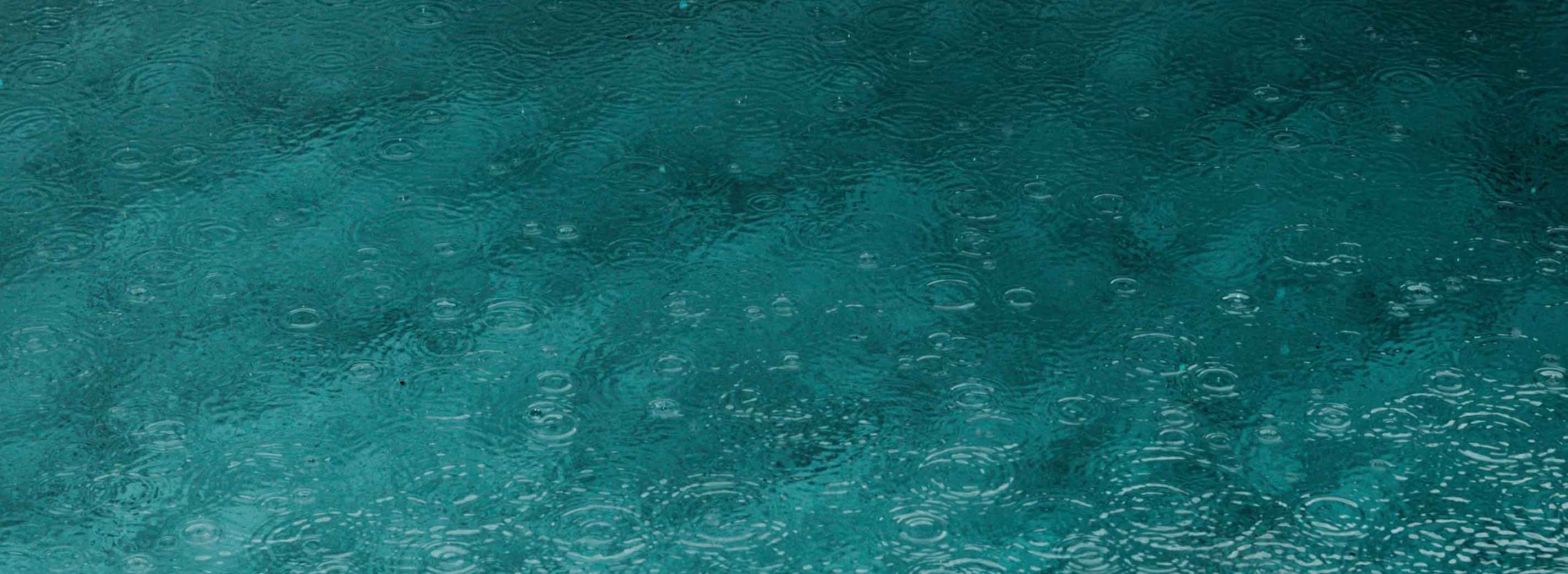Will Rainy Weather Delay The Construction Of My Swimming Pool?
If you want to get a fibreglass pool installed, you may wonder if rain impacts the installation process. This is as the summer months often bring with it rainy days. So if you want to get a pool installed this summer, what are the chances that the rainwater can affect your pool installation?
The answer is that rain does, in fact, have a negative impact on pool installation. This is as rainwater can cause structural issues during installation, leading to delays. You can’t ward off rainstorms no matter how hard you try. For this reason, consider getting your fibreglass pool installed in the offseason. This increases your chances of the pool installation going smoothly.
Click here for the most common questions answered about pool installations!

The Construction Area Needs to Stay Dry
When the installation process of your new pool is under way, it’s important for the installation site to stay dry. The ground needs to remain hard in order to ensure that the machinery can be properly installed. The machinery being installed will be heavy, and its weight will need to be installed by the ground.
Plumbing will be installed, which will need to be supported by the ground as well. The excavated form needs to be well supported. If you were to opt for a concrete in-ground pool, then such a pool would need around twenty-eight days in order to dry properly. Should there be any rain during this drying process, then the amount of time it takes for the concrete pool to dry will be longer as well.
Above Ground and In-Ground Pools
On the other hand, pools constructed above the ground rely heavily on support from their foundations. This ensures that the above ground pool can maintain its structure. In case there is a rainstorm, then you may encounter a problem. Excessive amounts of rainwater can lead to the soil beneath the pool shifting. It can also cause the soil to sink in or even collapse. If this happens, you’re more likely to see cracked surfaces or have to deal with leaky walls.
Pool installation isn’t cheap, and that means that you’ll need to invest significantly in the process. Since you’re already spending so much on pool installation, it can be a burden to need to spend more on repairs. Should there be a rainstorm and the ground turns soggy, the best thing to do is delay the installation process. Wait until the rain dies, and the groundwater turns dry again. When the ground is dry, you can resume your pool installation process.
Rain Water and Structural Damage
The ground will need to be excavated to begin the pool installation process, so there is space to install the pool. This acts as the foundation of the new pool. Should water somehow accumulate in this newly dug up area, the foundational structure of the pool can be affected. This is as the soil will be soggy, which can affect the foundational structure.
You can think about getting rain gutters, as well as installing a drainage system, in order to ensure that rainwater doesn’t affect your pool installation area. This can also have the effect of reducing the accumulation of water in your backyard. Such an installation can help pool installers during your pool installation process. It also provides the benefit of increasing the life span of the pool.
You’ll find that professional contractors regularly check the weather patterns. They also recommend schedules that pool installers are to follow in order to ensure that issues are avoided. If there is a lot of rain, then this can lead to delays which wind up being costly for you. However, mild rain isn’t really an issue when it comes to pool installation, as the ground soil isn’t likely to be as affected.
Remember that professional installers know how to work through mild rain showers. They can install tarps and use other strategies to keep your pool area dry.

Rain Water and Its Impact on Pool Water Quality
Pool chemicals need to be balanced, and this balance can be disrupted by rainwater. This has the effect of impacting the quality of the water in your pool. Pool chemicals need to balance, as they are responsible for killing bacteria in the water. This ensures that the water health is maintained and that it’s safe for swimmers to swim in the fibreglass pool.
In the event of a rainstorm, however, twigs, leaves, dirt and debris, and other foreign contaminants can enter the pool. This can encourage the growth of bacteria, as well as algae blossoms. If the pool water is contaminated by rainwater, you will need to test the pool water, as well as adjust the water chemistry of the pool.
See here for how to care for your pool after heavy rainfall!
If you don’t want to deal with the hassle of adjusting the water chemistry of the pool, you can think about installing a pool cover that is automatic. This can keep the pool water clean from foreign contaminants.
Pool Installation and Maintenance
If you want your fibreglass pool to be installed within time, then you should consider getting it installed during the offseason. This decreases the likelihood of rainstorms and ensures that the pool installation process can go smoothly.
Pool installation needs to be done by a professional. For the most part, professional pool installers know how to work through mild rainstorms. This won’t end up affecting your pool installation process, as even a tarp can help keep your pool area safe. But if there is excessive water due to rainstorms, you should delay the installation process. This is as the ground soil can become soggy, resulting in the pool’s foundation being affected.

Consider getting a pool cover to keep the pool area dry even after the pool is installed. Otherwise, during a rainstorm, foreign contaminants can enter the pool. This can end up affecting the water balance in the pool. You will then need to balance the water chemistry of the pool again. Consider keeping your fibreglass pool safe from rainwater. If you have any questions, please feel free to contact our friendly staff!

